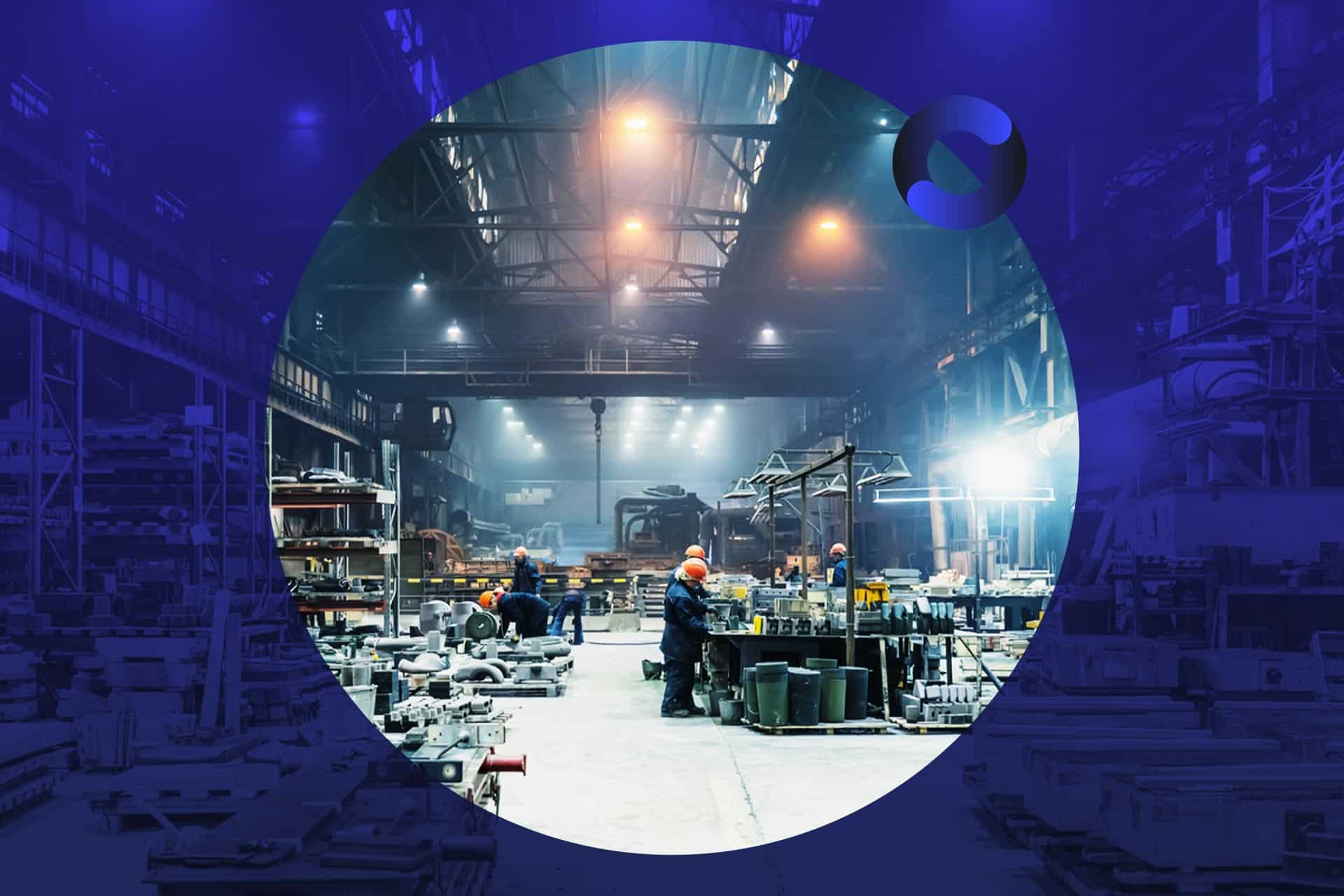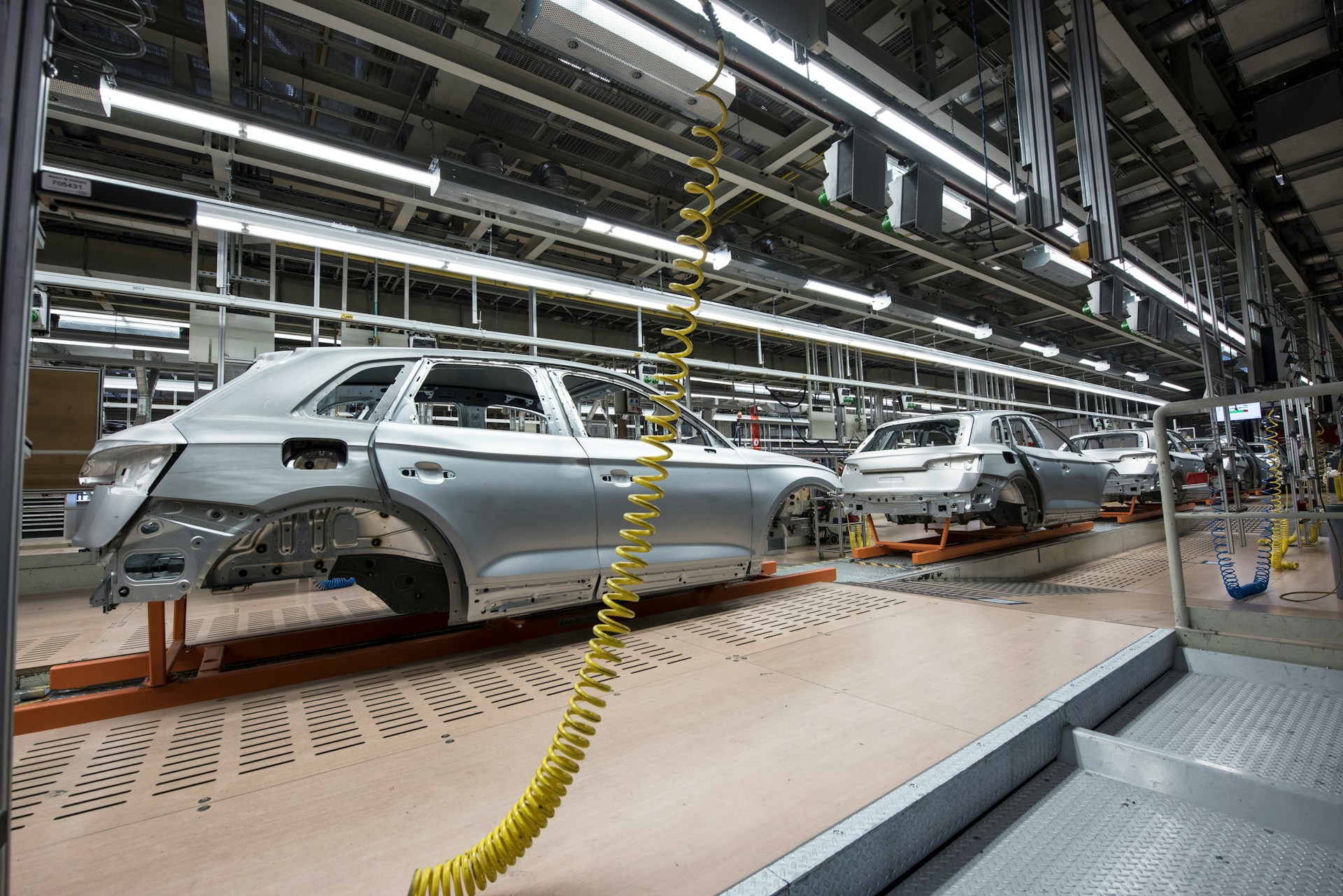
How Will the Trade War Impact American Manufacturing?
October 25, 2018 - Emily Newton
Revolutionized is reader-supported. When you buy through links on our site, we may earn an affiliate commission. Learn more here.
American and Chinese trade is at a tipping point, as the Trump administration’s plan to add additional tariffs to Chinese manufactured goods has caused China to retaliate with similar tariffs on products manufactured in America. Trump’s new trade deal with South Korea has also made the problem even more significant, so the two giants are on the verge of a full-blown trade war.
If a full trade war erupts between the two countries, what will that mean for American manufacturing?
President Businessman
Donald Trump is reportedly happy that the country he is in charge of is currently in a trade war with China. In his words, “Trade wars are good and easy to win.” He believes this trade war can fix many problems, from the loss of American manufacturing jobs and the theft of intellectual property to industrial espionage. He also thinks that Chinese steel and aluminum isn’t just a threat to U.S. manufacturing — he’s called it an actual national security threat.
From a business standpoint, trade wars might be a good thing, but it’s not just Trump’s businesses he has to be responsible for anymore — it’s the entire country’s. Trump’s behavior has also made the United States look bad in the eyes of the World Trade Organization. His trade war has allowed China to undermine America’s standing in that organization, making the U.S. look much more responsible than it actually is when it comes to global manufacturing.
This situation raises several questions. What is a trade war? What sort of effect is this trade war going to have on manufacturing in the United States, and what changes are we already seeing?
Losing Ground
Tax cuts and regulatory reform have been good for manufacturing in America. Many companies in the industry have experienced economic gain because of these changes, but the looming trade war could undo all of that good progress in no time at all.
Many of the tariffs are going to cause prices to climb on steel and aluminum — and their related parts and industries — which could increase manufacturing costs, raise customer costs and lower profit margins. If the industry continues on this path, jobs at more than 1000 different companies could be at risk.
Strong-Arming China
While the Trump administration may have been the first to establish new trade tariffs, it is theorized that this new move toward a trade war isn’t designed to bring more manufacturing jobs back into the United States. Instead, it’s a calculated move intended to strong-arm China into playing by the rules — international trade rules, that is. China, historically, is known for stealing intellectual property, which, in turn, can hurt the domestic manufacturing industry by stunting American innovation.
The Trump administration believes there might be some growing pains but thinks manufacturing as a whole will bounce back stronger. In the meantime, though, manufacturing jobs across the country might be in jeopardy.
Rising Consumer Prices
Our economy is in a pretty good place right now. The second quarter of 2018 marked the fourth year of a cycle of growth, with improved job creation. Consumer confidence — and subsequently consumer spending, is at the highest that it’s been in nearly two decades. These new trade tariffs and the looming trade war could put a halt to that growth and damage consumer confidence by increasing product costs.
The tariffs on steel and aluminum, for example, will raise the prices on these imported metals by 25 and 10 percent, respectively. This increased cost will end up being passed on to the consumer, lowering consumer confidence. Consumers who aren’t confident aren’t going to spend their hard-earned money on steel and aluminum products, which will reduce the industry’s profit margins and, in turn, jeopardize the jobs for those who work in those industries.
Attacking Agriculture
When it comes to America’s agricultural exports, China is our second-largest buyer — that’s why the Chinese tariffs are focused primarily on agricultural imports from the United States. This doesn’t just hurt the country’s economy — it can also affect farmers on an individual level.
Three states in particular — South Carolina, Louisiana and Alabama — all have incomes below the national average. Many of these states have economies with a foundation in agriculture — specifically, crops like soybeans and corn and livestock like beef and poultry. The Chinese tariffs are targeting all of these goods.
Stunted Global Trade
This trade war isn’t just a problem for the United States and China — it will have negative impacts on global trade, as well. It is encouraging other groups, like the EU and Asia, to forge closer trade ties. This will lead to faster economic growth for those countries, while China and the United States continue to fight over trade and taxes. It’s entirely possible that if this trade war continues, Asia will grow to become the center of the global economy, leaving the U.S. and China in the dust.
It could even encourage other countries to put tariffs on products shipped from the United States. While no one has made moves to this end yet, it is a possibility if President Trump continues his aggressive anti-trade stance with China.
We’re in the first days of these new tariffs. While we haven’t seen the trade war impact on the consumer level just yet, it won’t be long until prices start to climb and the people who the president believes he is protecting start to feel the pinch.
Revolutionized is reader-supported. When you buy through links on our site, we may earn an affiliate commission. Learn more here.
Author
Emily Newton
Emily Newton is a technology and industrial journalist and the Editor in Chief of Revolutionized. She manages the sites publishing schedule, SEO optimization and content strategy. Emily enjoys writing and researching articles about how technology is changing every industry. When she isn't working, Emily enjoys playing video games or curling up with a good book.






